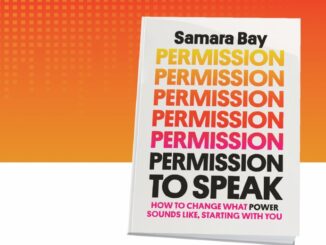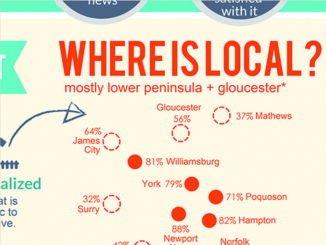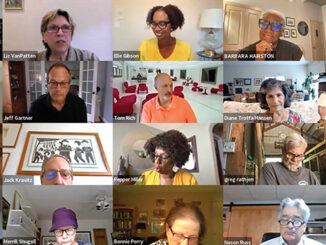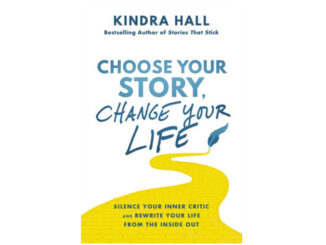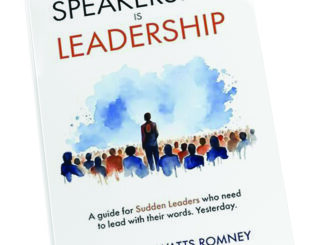
Speakership is Leadership: A Guide for Sudden Leaders Who Need to Lead with Their Words. Yesterday.
Margaret Watts Romney, author of Speakership is Leadership, takes you on a journey to uncover the truth behind your “speakership,” which goes beyond public speaking to embrace a holistic approach, as you guide others with your words. In the book, she describes the tools and insights required for speakership, including how to prepare for public speaking and how to understand your voice and body and the signals they give during moments of speakership. […]

